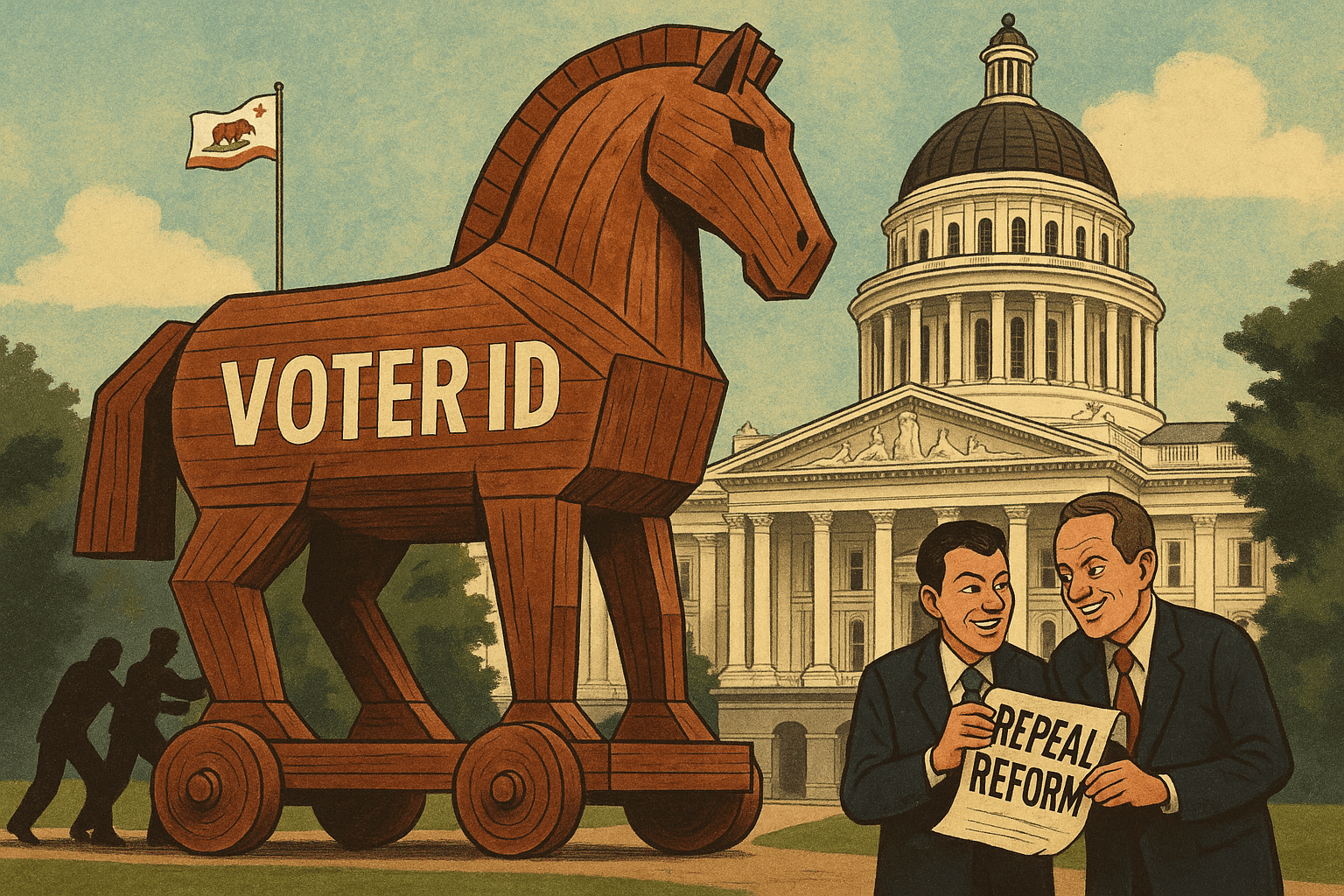Report: Nebraska May Hold The Key to Fixing A Broken Congress

Author: Shawn M Griffiths
Published: 08 Oct, 2015
●
Updated: 18 Oct, 2022●
2 min read
Nebraska arguably has the most unique political system in the U.S. Not only are state lawmakers elected using nonpartisan elections, but they serve in a nonpartisan, unicameral legislature.
Open Primaries released a new study, titled The Myth of the Red State: Policy Over Party in the Nebraska State Capitol, on the impact this political makeup has had on state politics and the possible remedy it offers for the hyper-partisan environment on Capitol Hill.
"The Nebraskan nonpartisan system offers a model of effective and transparent government, voter inclusion, and social innovation for both issue advocates and political reformers across the country," the study says.Unlike most states, which use separate partisan primaries to select Republican and Democratic nominees for statewide and federal offices, Nebraska utilizes a single nonpartisan primary for all candidates and voters in state legislative races. The top two candidates, regardless of party, advance to the general election.The election model is a bit different from the nonpartisan primary systems in California and Washington state in that candidates on the primary ballot are not listed with their party affiliation. According to the study, 71% of state lawmakers are registered with the Republican Party, but "nonpartisan coalitions are commonplace and the Legislature has engaged a wide range of “progressive” issues, from abolishing the death penalty to immigration reform."Compared to the legislative record of state lawmakers, Nebraska's congressional delegation is elected in a traditional partisan primary process and consistently votes along party lines.“In Nebraska, debates on issues critical to the public prevail over partisan politics. The corrosive effects of partisan gamesmanship are diminished and productive legislating is thriving,” said Jeremy Gruber, senior vice president of Open Primaries and author of the report.From the study:
This restructuring has generally freed the legislature from the type of strong-arm partisan politics that pervades political activity in Congress and most state legislatures. With no formal party alignments or caucuses, the Nebraska legislature operates under a unique political reality that allows coalitions to form issue by issue, typically based on government philosophy, geographic background, and constituency. Although the legislature consists of thirty-five Republicans, thirteen Democrats, and one independent, only eight members regularly vote the party line. The parties in Nebraska have less control over legislators then they do in most states. That lack of party control, for example, means that the Governor of Nebraska must reach out to individual members for support when he wants to advance an agenda. The interest level, demand for change, and time spent discussing an issue is set by the individual members of the legislature without regard for an official party stance. Members are independent trustees empowered to make their own decisions, and work out differences with other members on behalf of their constituents.
Photo Credit: Henryk Sadura / shutterstock.com
Latest articles
Trojan Horse: How CA Democrats Might Use Voter ID to Turn Back the Clock
Voter IDs are a requirement in almost every democracy in the world from Europe to Mexico.But legitim...
25 Jul, 2025
-
3 min read
California Is Doing What Congress Can't on Immigration
SACRAMENTO, CA — In an era when immigration remains one of the most divisive issues in American poli...
24 Jul, 2025
-
5 min read
The Trump Russia Story Was False, but What About Tulsi’s Tale?
WASHINGTON, D.C. — Director of National Intelligence Tulsi Gabbard is accusing the Obama administrat...
23 Jul, 2025
-
7 min read


